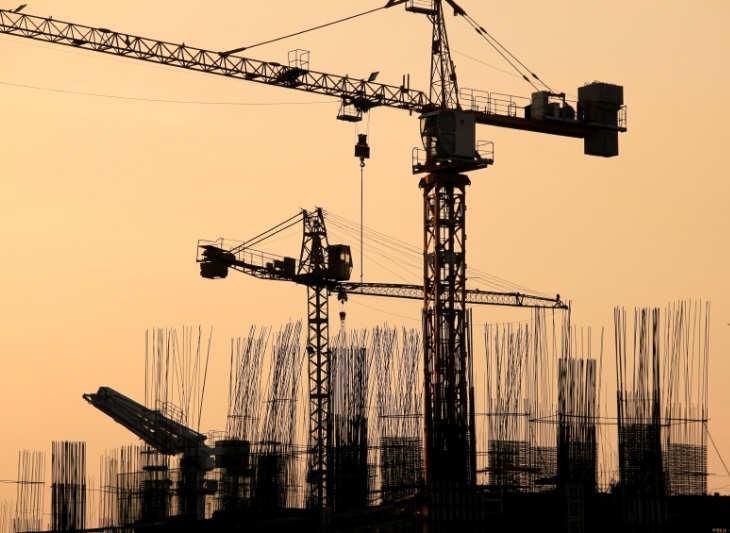APEC pursuing long-term plan for infrastructure investment

Infrastructure that can facilitate increased trade flows and development is critical to ensuring that growth is balanced and sustainable. This is prompting APEC member economies to pursue viable mechanisms for improving infrastructure investment in the region.
Their task was put into context by Vice Finance Minister of Indonesia, Mahendra Siregar, on Monday before a gathering of APEC officials, experts from international financial institutions and private sector representatives in Surabaya.
“The capacity of the region’s existing infrastructure to support the supply chains that businesses depend on is a challenge and increasing pressure on the export-oriented strategy that has been key to the growth of many APEC economies,” Siregar said.
“More robust infrastructure investment can reduce barriers to trade such as transaction and logistics costs, and open new avenues for accelerated growth that can help to raise living standards across the region, he explained.”
According to the Asian Development Bank, more than US$8 trillion in investment is needed to meet the Asia-Pacific’s infrastructure demand by 2020. This includes energy, transport, communications and other critical infrastructure to improve connectivity in the region and drive sustainable growth.
“Promoting infrastructure development and investment is one of the main deliverables of APEC economies in 2013,” noted Ambassador Yuri Thamrin, Chair of the APEC Senior Officials’ Meeting. “But meeting the region’s infrastructure needs is not something that can be completed in a short time.”
“We are looking to develop a multi-year plan to achieve effective growth and durable results,” Ambassador Thamrin said. “In particular, we aim to put forward an infrastructure investment framework on connectivity as well as a set of APEC guidelines on delivering bankable projects.”
More robust private sector financing is essential to meeting the region’s infrastructure needs but this requires strong public support.
“Many APEC economies are developing public-private partnerships to promote infrastructure development but these are complex to develop and execute, and have so far resulted in a small number of completed projects,” said Thamrin.
“Creating a synergy between all channels within APEC is crucial to delivering concrete initiatives that can help to build capacity, foster an enabling environment, develop a solid project pipeline and address project finance in an effective way.”
# # #
For more information or to arrange possible interview opportunities, please contact David Hendrickson 087851314969 (in Indonesia)/+65 9137 3886 at [email protected] or Michael Chapnick +65 9647 4847 at [email protected].
Additional details about APEC meetings, events, projects and publications can be found at www.apec.org. You can also follow APEC on Twitter and join us on Facebook.

